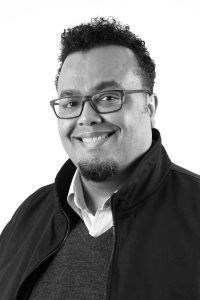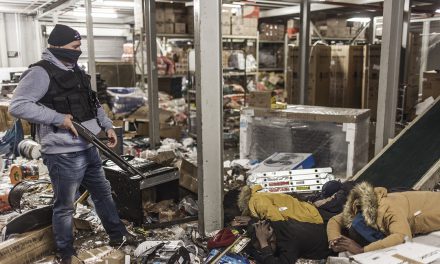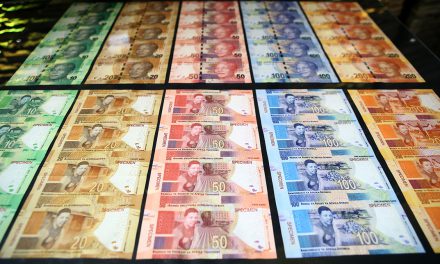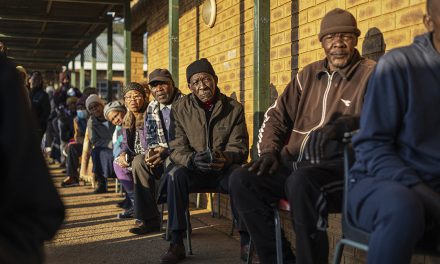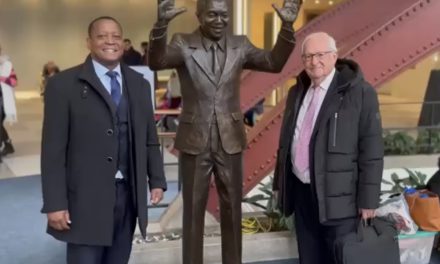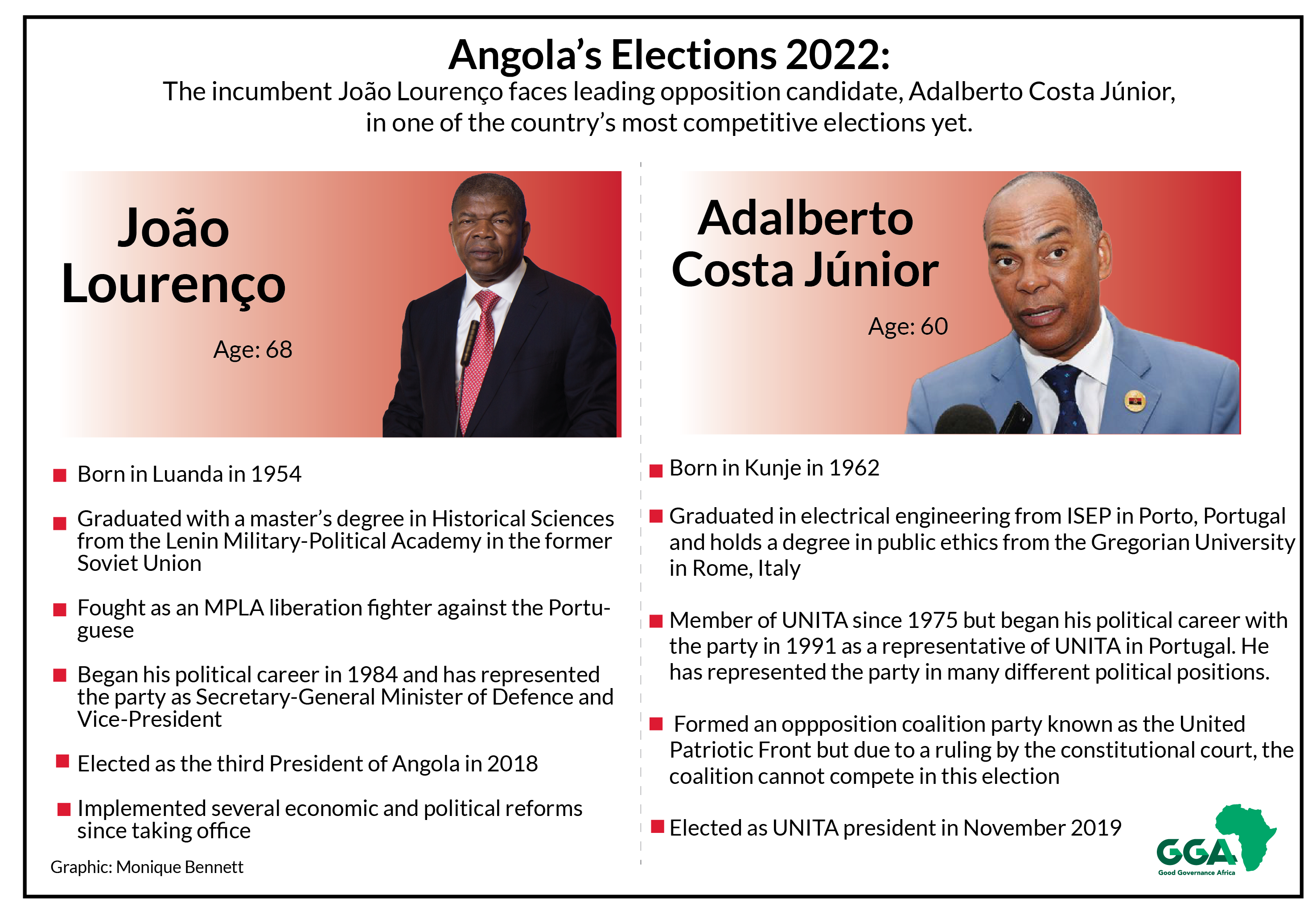
Election campaigns
- Indications are that election campaigning has remained relatively peaceful with no major incidents of violence reported.
- The National Youth Council launched a door-to-door voter education campaign in Luanda. This campaign helped inform and educate young Angolan, many first time, voters about the importance of elections and provided relevant information regarding election day. There are an estimated 3.5 million voters between the ages of 18 and 25.
- Opposition parties have repeatedly claimed that there are millions of deceased citizens on the voters roll. Religious and civil society leaders criticized the National Electoral Commission (CNE) for not publishing the voters’ list.
- Some opposition leaders such as Frente Nacional de Libertação de Angola (FNLA) candidate for the Cuanza Norte Province, Mateus Martins Vicente, have publicly complimented the voting public for their attitude and behaviour throughout the election campaign.
- The MPLA and UNITA held their final campaign rallies on Monday 22 August. MPLA, leader and President João Lourenço said the party’s moment of celebration will come and UNITA leader Adalberto Costa Júnior said that the development of Angola
Voting day procedures
- Polling day will see the closure of markets and fairs to give employees the necessary time off to cast their votes.
- According to an official statement, there are 14 million registered voters, 13,000 polling stations, and 26,000 polling units.
- Centralised vote counting will take place after amendments were made to election laws. The provision was rejected by opposition and civil society groups but the MPLA majority within the National Assembly was sufficient to pass the bill.
- The National Scrutiny Centre will be used as the location for tabulating national ballots. Members of SADC’s diplomatic corps and judges of Angola’s constitutional court visited the centre and assured that it was ready for election day.
- Angolans living abroad will be eligible to vote and recent data collected by the CNE estimate an additional five million voters this election cycle. In 2017, around nine million voters registered, whereas this election has an estimated 14 million registered to vote.
- For the first time, young Angolans who were born after the civil war, which ended in 2002, will be able to cast their votes.
- Opposition parties claim that the amendments reduce electoral transparency. UNITA plan to set up an alternative vote-counting infrastructure.
National election observers
- The executive director of the Angolan Institute of Electoral Systems and Democracy (IASED), Luís Jimbo, will coordinate the observers from the local Angolan Electoral Observatory. In a recent interview, he cited that the CNE senses the high expectations of youth voters and opposition members and believes it will be crucial to create an atmosphere of trust during the election day and the vote counting.
- Nearly 70 tons of election material was delivered to the CNE offices in Luanda from the Spanish company Indra. The material was handed over to Manuel Pereira da Silva, the head of the CNE.
- The CNE spokesman has assured all the election material would be transported immediately to the 18 electoral commissions and would deliver the material 48 hours before election day.
- 14,400 delegates of the Social Renewal Party (PRS) were given accreditation by the National Electoral Commission (CNE) to supervise the electoral process to ensure all runs smoothly.
International election observers
- The CNE has set a limit of 2,000 national and international observers, and has announced it has reached this limit.
- The SADC Electoral Observation Mission (SEOM) officially deployed on 22 August 2022. Mrs Netumbo Nandi Ndaitwah, the Deputy Prime Minister and Minister of International Relations and Cooperation of Namibia is head of the SEOM deployment. The SEOM is comprised of 52 personnel from 11 SADC member states deployed across 12 of Angola’s 18 provinces.
- The Observation Mission of the Electoral Commissions Forum of Southern African Countries (ECF-SADC) has been deployed.
- The Community of Portuguese-speaking Countries (CPLP) Electoral Observation Mission is headed by former Cape Verdean President Jorge Carlos Fonseca. The mission has been deployed to witness the final phase of campaigning, voting day and the tabulation of the results. Some teams will remain in Luanda and others will be deployed to various provinces.
- The European Union has two experts, rather than observers, on the ground for a longer mission tasked with following all stages of the electoral process.
- Press reports claim that the African Union and the Carter Centre have also deployed their observer teams.

